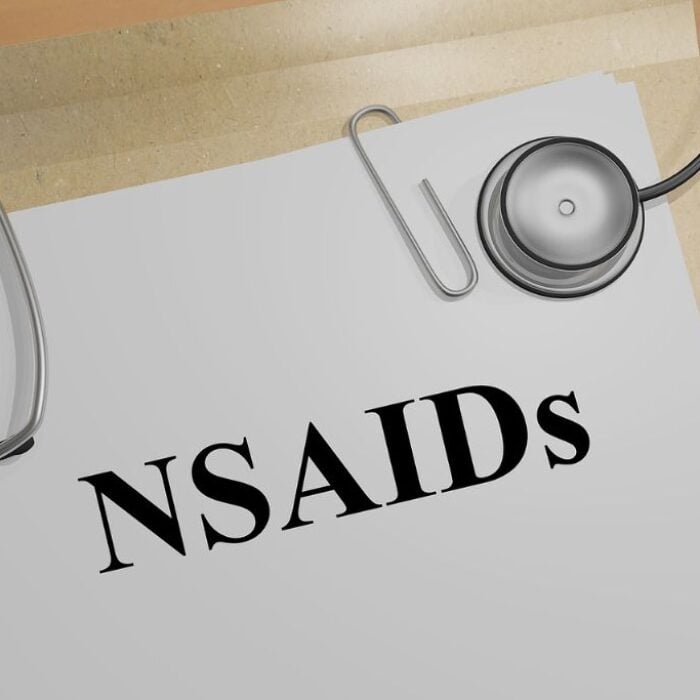Michigan has a problem with the diversion and abuse of OxyContin and other opiates. Widespread diversion of these drugs makes them more available to people living in Michigan and other areas of the U.S. People who use these illicitly obtained drugs could have legitimate pain issues but have become dependent after prolonged exposure. Others may use these drugs recreationally. Demand for OxyContin has increased throughout the state. The Michigan Automated Prescription System (MAPS) program reported in 2009 a 31 percent increase in the number of prescriptions being written for OxyContin. Authorities in Cheboygan County say at least 90 percent of law enforcement problems there are related to the drug. Heroin is considered a primary drug threat in the state. The U.S. Drug Enforcement Administration said western Michigan has seen an increase in heroin abuse by young, middle-class people in the suburbs. Much of this is attributed to people who are dependent upon OxyContin but turn to heroin due to economic hardship. Heroin is often cheaper and can be found in the increasingly pure form. For these reasons, people have been seeking out reputable Michigan rapid detox centers for decades. The Waismann Method has been a valuable resource to those seeking medical attention.
The abuse and diversion of other prescription painkillers is also on the rise in Michigan. The DEA lists these as medications such as methadone and those containing oxycodone and hydrocodone (Lortab, Lorcet, Norco, Vicodin). Popular diversion methods include break-ins and robberies of homes and pharmacies, forged prescriptions, doctor shopping, theft from people who have legitimate prescriptions and people who sell parts of their legitimate prescriptions. The DEA said the Detroit Metropolitan Area has seen an increase in diversion by visiting physicians groups operated by drug trafficking organizations. These sophisticated groups recruit doctors and patients, often transporting the patients to doctors to obtain prescriptions. Some patients may receive some of the medication, while others turn over the entire prescription in exchange for several hundred dollars. The Internet also provides ease of access to prescription narcotics in Michigan and other states. Unscrupulous companies on the web offer these controlled substances, sometimes without requiring a prescription.
Waismann Method Anesthesia Detox
The increase in diversion and abuse is reflected in a significant number of Michigan residents turning to opiate treatment programs. Since the late 90s, Waismann Method® has treated thousands of opiate-dependent patients from Michigan and all around the world.
The Waismann Method Medical Group performs its medical opioid detoxification ( including Rapid Detox) in a full service accredited hospital. Being in a private hospital with a number of different specialists, give us the ability to modify the detoxification that best fits each individual specific medical needs. In order to undergo a withdraw from certain opiates safely, it may be preferable and in some cases to undergo a slower medically supervised detoxification in a hospital. This would be usually advisable for patients those with significant health problems, of an older age or on a small dosage that does not warrant anesthesia. Inpatient detoxification allows the patient to be closely monitored throughout the withdrawal process, while given appropriate medication to prevent severe discomfort.
Rapid Drug Detoxification: In this procedure, drug withdrawal syndrome occurs while the patient is under anesthesia. The patient is given a combination of medications, including opiate antagonists, which induces and speeds the detoxification period. Anesthesia Assisted Rapid Detox should take place in an intensive care unit of a hospital. Patients are usually discharged the next day, once recovered from anesthesia and assessed for physical stability to a recovery center for additional around the clock professional care.
Rapid detoxification significantly reduces the fear and distress associated with opiate withdrawal. It is an effective option for people who are chemically dependent on narcotics such as heroin, Suboxone ( Buprenorphine ), Vicodin, Percocet, Demerol, Dilaudid, Darvocet, Norco, opium, morphine, codeine, oxycodone, hydrocodone, Methadone, and all opioid type drugs. The process shortens the detoxification period and spares patients from most of the intense physical discomforts of a withdrawal syndrome. It may be of great benefit to patients who repeatedly failed to complete a detoxification. It is imperative that the procedure is performed by an experienced Board- Certified Anesthesiologists in an accredited hospital that can provide the various medical resources and professionals to deal with any unexpected complications.
Waismann Method is located only in So. California and it offers the most humane, compassionate and discreet option for opiate dependence treatment. Patients typically stay in the hospital 2 to 4 days and are discharged to our Domus Retreat recovery center for continuing care throughout the regulation period.
















